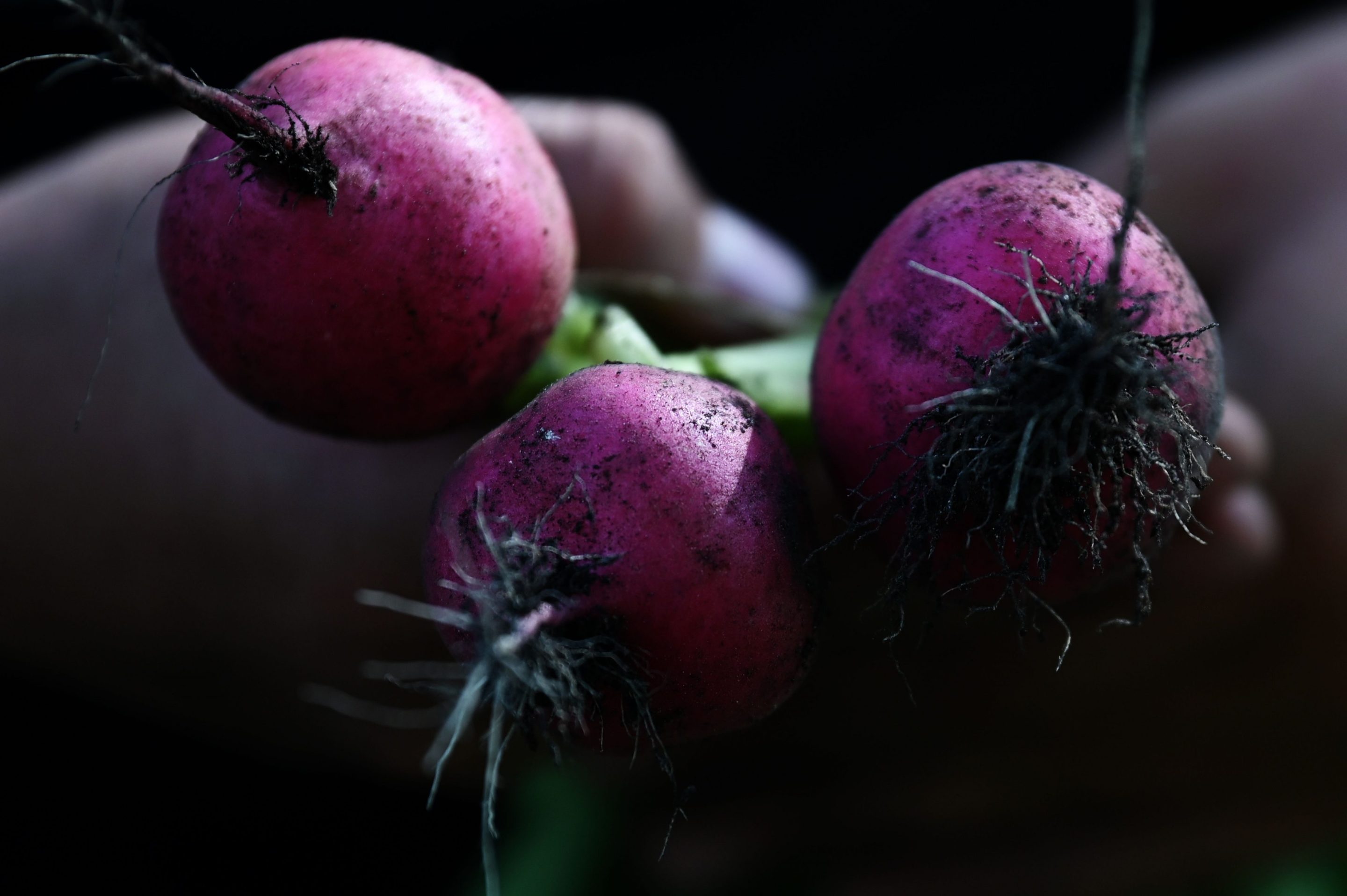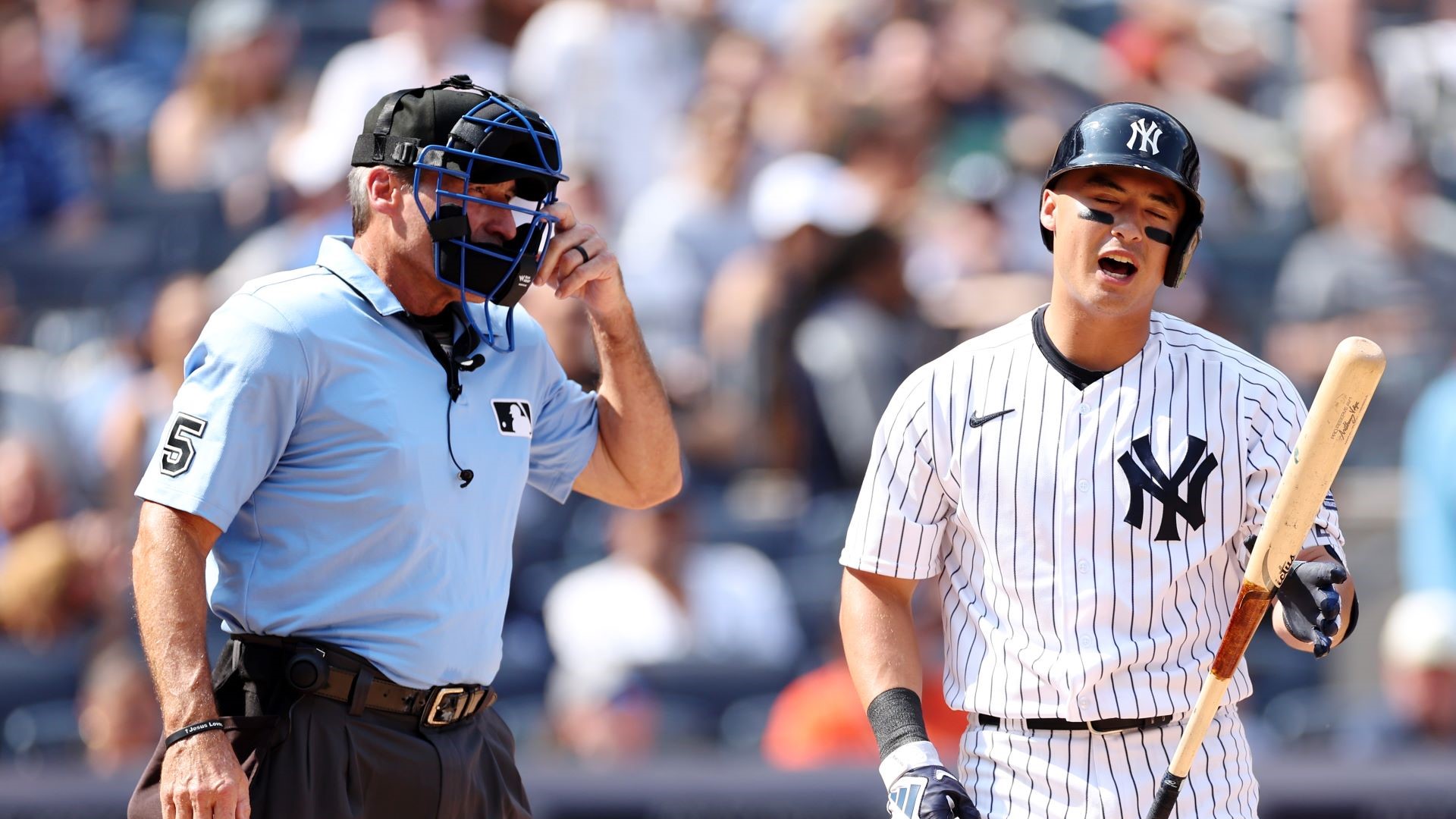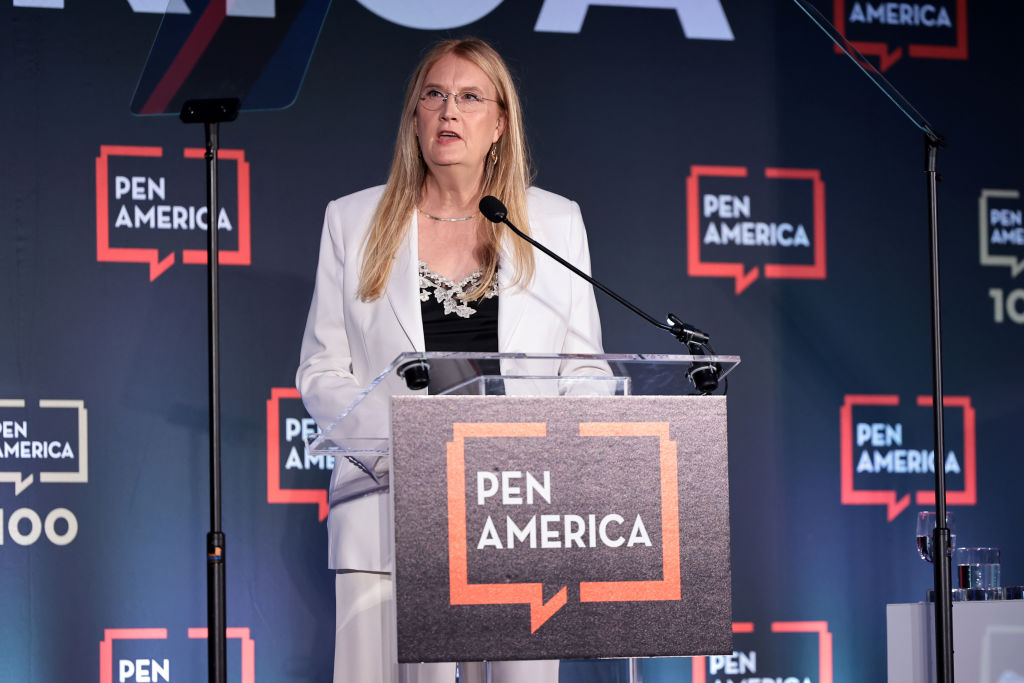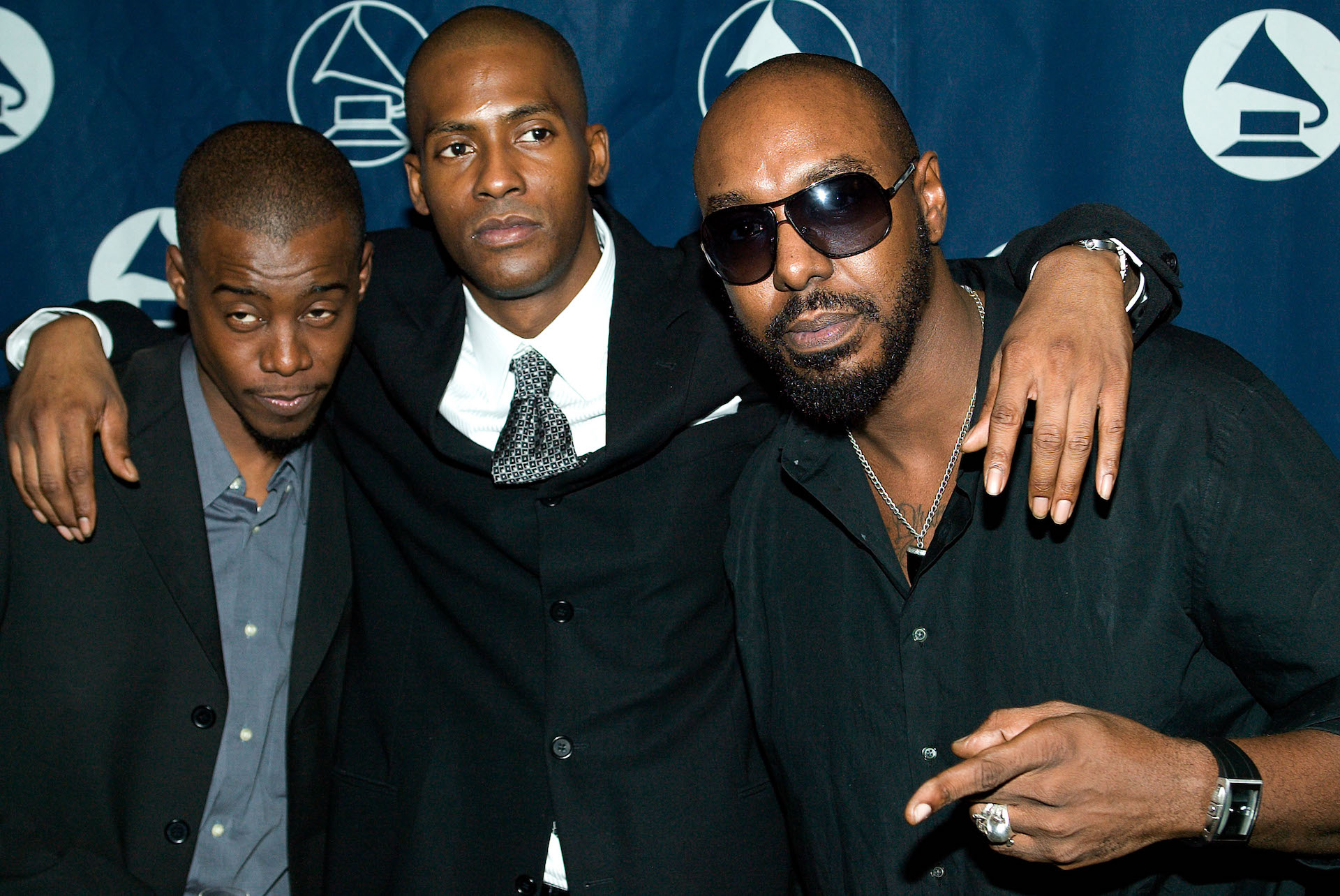Let’s Grow Some Things
1:11 PM EDT on July 5, 2021

I don’t remember the first seed I ever put in the ground or the first time I cared for a plant. It was probably with my dad, probably in our backyard garden in rural central Illinois. We probably planted something practical like sweet corn or broccoli. I would have been very young and had no idea what I was doing, and I would have wanted him to be proud of me.
Over the years, my gardening palate has expanded to include trees, house plants, all manner of veggies and fruits and other things. I always had the help of the greenest thumb I’ve ever known in my dad, who’s farmed for a living for about five decades now, but I think I legitimately enjoyed it, too. Or at least I enjoyed winning ribbons at county fairs. Before I got really into other ways to pass the time like music and girls and beer and writing, there were always plants, and the pleasure of helping them grow into something beautiful, edible, or both.
I wouldn’t have called it lucky at the time, given that I was surrounded by rednecks and starving for culture, but I was very fortunate to get to grow up around a guy who, in addition to corn and soybeans—which paid the bills—also grew pumpkins, raspberries, cotton, all manner of vegetables, myriad trees and bushes, ginseng, and, eventually, whatever unusual thing popped into his head or caught his eye on YouTube.
Give or take the decade or so when I was too busy working multiple jobs and barely paying my bills to have time for growing stuff, plants have been a consistent part of my life. One garden box led to another, which led to a bunch of herbs, which led to a muscadine vine that produces 50-70 pounds of fruit each year, which led to a series of wildflower jungles. I sincerely can’t wait to see where it all leads. You should know that you can do all this as well.
It doesn’t matter if you don’t know the difference between cilantro and rosemary. This is a hobby that doesn’t require much more than the bare minimum in basically every facet. A planter on a windowsill with a few herbs. A few cheap plastic pots on your stoop or roof. Jars with seeds in a well-lit spot in your home. You can grow a shit-ton of basil simply because you accidentally bought too much of it from Trader Joe’s and plugged the leftovers into some potting soil—or the ground. You may end up writing a whole goddamn essay about chard because there were a few plants that looked appetizing at Lowe’s one time when you went to buy mulch and other boring, non-chard stuff.
If you’re ready to go deeper, depending on where you live, you can start with a raised bed or simply by tearing up a chunk of your yard, provided someone won’t yell at you for doing so. There’s probably a nursery or local farm or garden shop of some sort where you live, even if you live in a big city. Go there, ask them how to start, and they’ll cheerily show you how to do it cheaply and quickly. Here in my hometown of Atlanta, one of those places is Love is Love Farm. They do a plant sale once or twice every year from which I reliably take home a car trunk’s worth of seedlings. There’s no real trick to taking care of it all. You just do it.
All of which is to say, growing stuff isn’t hard or expensive or time-consuming. If I was a jackass marketer, I would say the ROI on this campaign is impressive, and the juice is worth the squeeze. (I’m so sorry.) As a normal person, I will simply say that it can be done, and that the rewards are obvious, immediate, and gratifying. Growing stuff is a habit you can quickly settle into without ever really finding your limit. Start wherever and however you feel comfortable, add to it when you desire something more, and you’ll find the pursuit can unfold toward the infinite.
One of the reasons I like growing stuff is because it requires me to be quiet. It's an intentional time to be obsessive, weird, pensive, and, often, all by myself. Depending on the day, it gives me room to dig into some thoughts or an excuse to avoid some others. I can talk to myself or the plants if I want to; the bugs don’t mind. It’s a lot like writing in these ways.
I am not the first person to observe this, to be clear. The poet Richard Wilbur told The Paris Review in 1977 that he likes to “...raise a lot of vegetables, go on a lot of long walks. I do things which are non-verbal so that I can return to language with excitement… It is good for a writer to move into words out of the silence, as much as he can.”
There are also very real mental health benefits beyond simply an excuse to putter around outside, exploring thoughts, and perhaps drinking a few beers. “Gardening—especially vegetable gardening—makes us happy,” Samin Nosrat wrote last summer in The New York Times. “It gives us access to sensory experiences we don’t typically have in modern urban life. When you brush against a French lavender or lemon verbena plant as you walk by, you instantly experience calming aromatherapy. When you pick a sage leaf, you can feel your nervous system relax as you rub its soft velvet between your thumb and forefinger. Wind rustling through leaves is more meaningful when you planted the seed that bore those leaves.”
I’d argue that all those delicate, therapeutic moments have been imbued with additional meaning over the past year. During those first few months of the pandemic, when we knew little except that people were quickly passing around and dying from a mysterious disease, I put together little bags of bok choy and basil and oregano and tied them to the gate in front of our house. Later, I would go out to collect the rose clippings and ramps and various kinds of booze that friends and neighbors had traded for them. While I couldn’t hug or high five or sit next to most of my loved ones for many months, we found ways to show our appreciation for each other. In a lot of ways, my garden boxes and my muscadine vine and my wildflowers helped me keep my head on straight during the foul year that was 2020.
Growing things can be confusing and disappointing, too, of course. But it’s ultimately pretty low stakes. I spend a few bucks at the beginning of a season and always get more food than I should for that amount of money. After all, the worst thing that can happen when you plant something is it dies. “So long as I actually like doing it, none of the other stuff matters,” Anne Helen Petersen wrote back in August. “The health of the vegetables or the number of them—it doesn’t matter.”
It’s frustrating when it doesn’t work, but remember: The great thing about growing shit is that when one thing doesn't work you can always just put another thing in the ground. Maybe that new thing does work. And if it doesn’t? You already know what to do in response. Bear this in mind and you’re all set. Is that a metaphor for life? You’re goddamn right it is.
All of this without mentioning Garden Twitter, which is one of my purest joys. I spent many months during the pandemic as the reply guy for an elderly gentleman in Oxford, England named Gerald Stratford. During those months, I set Twitter to notify me when he tweeted so that I could be one of the first to respond every time, generally referring to him as “king” and encouraging him with ridiculous language. Back before Gerald was in Gucci ads and NYT spreads, back when he only had a few thousand followers, I would tweets things at him like, “absolutely crushing the garden and fashion worlds never stop king we need you.” That tweet got 566 likes, somehow, presumably from people who agreed with me.
It evolved into a kind of bit, where people would reply telling me that they’re always excited to see what I would say to Gerald, and he seemed to enjoy it as well. When it started to feel played out, I gave it up. These days Gerald and I just quietly like each other’s tweets from time to time and tend to our respective gardens from 4,000 miles away. You should absolutely follow him.
Gerald and I aren’t alone in this behavior. A couple years back, in an excellent essay about how gardening fixes everything, Gray Chapman wrote that, “I find myself sharing updates with fellow plant lovers, and in turn asking for progress reports on their own gardens. Human connection on a day-to-day level can feel like a rarity for someone who works for herself and from home. I found small scraps of it by tweeting about beans and trading tips on fertilizer in the DMs of people I’d never met before.”
Especially in socially distant times, I found that I cherished those interactions, too. I will tweet about anything from okra to tomatoes, broccoli to eggplants, and it’s always surprising to me how many people on an app otherwise seemingly custom-built for maximum mental derangement are ready and willing to engage about these yard veggies. In a strange and broadly negative era, the little gardening-related micro-communities I’ve found online have proven to be a (still) strange but consistently and delightfully positive space.
There’s this song I love called “Enjoy Yourself.” It was first published in 1949, but has been performed and recorded by countless artists since. The version I love best is from one of my most beloved songwriters, Todd Snider. Some of the lyrics go like this:
“You worry when the weather’s cold, you worry when it’s hot
You worry when you’re doin’ well, you worry when you’re not
It’s worry, worry, all of the time, you don’t know how to laugh
They’ll think of something funny when they write your epitaph
Enjoy yourself, it's later than you think
Enjoy yourself, while you're still in the pink
The years go by, as quickly as a wink
Enjoy yourself, enjoy yourself, it's later than you think”
It is easy to reach the bleakest depths; even with the pandemic seemingly in retreat, there is a great deal of cruelty and inhumanity out there to find. What I am suggesting, then, when I encourage you to grow something, is to seek out the opposite of all that. Indulge the things that make your brain feel fuzzy, that release the good chemicals. It’s important to find things like these, and cultivate and revel in them. If you don’t, before you know it, you’ll be out of time.
More pointedly, you must allow yourself these moments, because others will not. All the things that are worse and meaner and hungrier than them will keep taking up more and more space until there’s none left. Wildflowers, vegetables, hairy vetch, fruits on vines, fragrant herbs—helping these things flourish has proven to be exceedingly good for my gray matter. I don’t have any idea what I’m doing most of the time, really, and they come up out of the earth anyway. It’s fun, and I learn by doing it. Maybe you will, too.
If you liked this blog, please share it! Your referrals help Defector reach new readers, and those new readers always get a few free blogs before encountering our paywall.
Stay in touch
Sign up for our free newsletter




